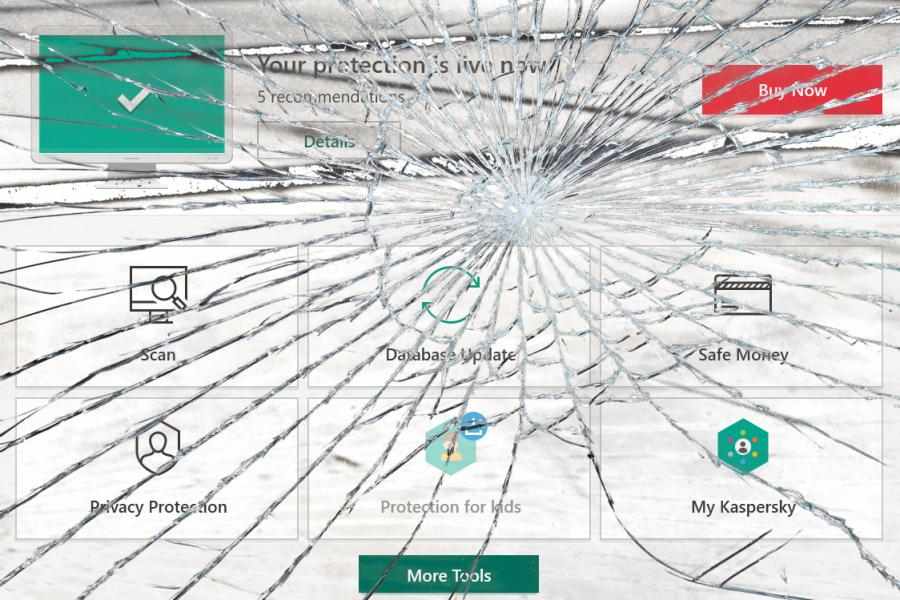Hello,
I read a lot about the effectiveness or the dangerousness of scanning encrypted connections but after the detection I face here Q&A - HEUR:Trojan-PSW.Script.Generic , and the conclusion of @SeriousHoax (post #36), I'm wondering if this scanning of https is simply fundamental ?
I read a lot about the effectiveness or the dangerousness of scanning encrypted connections but after the detection I face here Q&A - HEUR:Trojan-PSW.Script.Generic , and the conclusion of @SeriousHoax (post #36), I'm wondering if this scanning of https is simply fundamental ?



